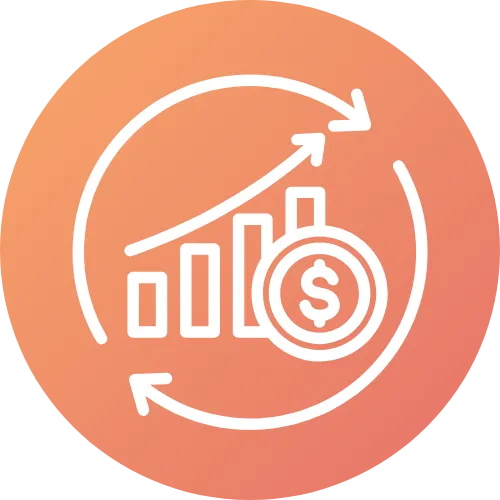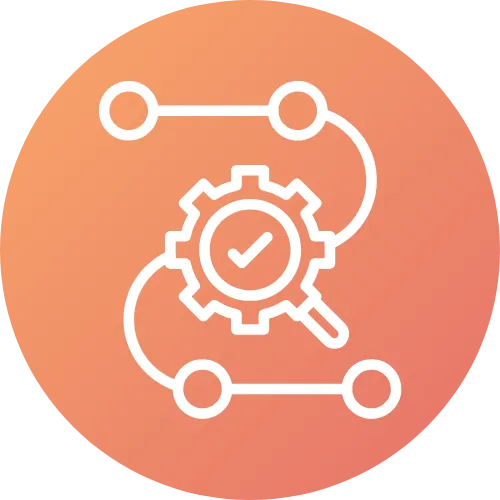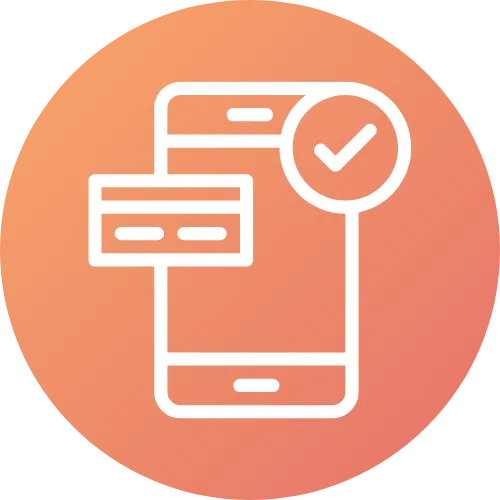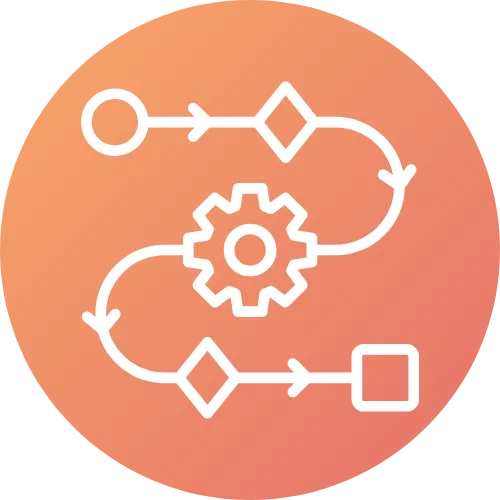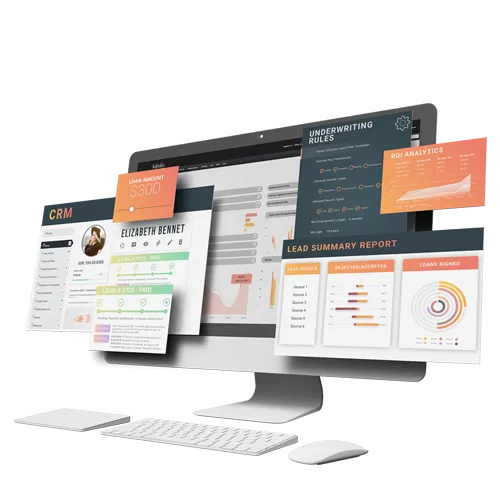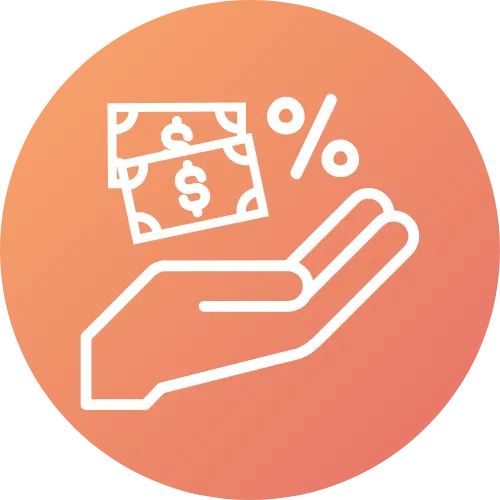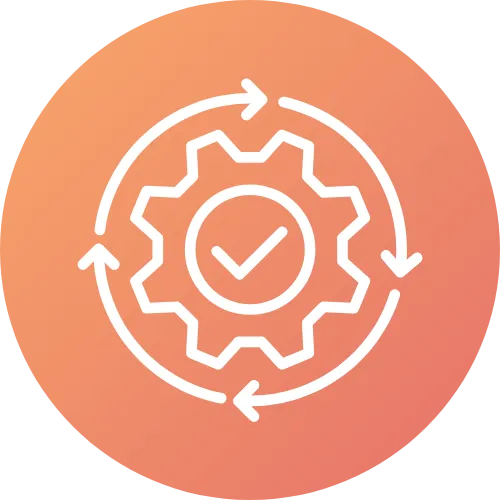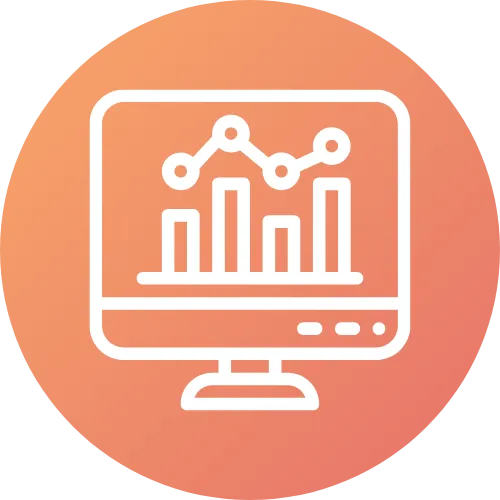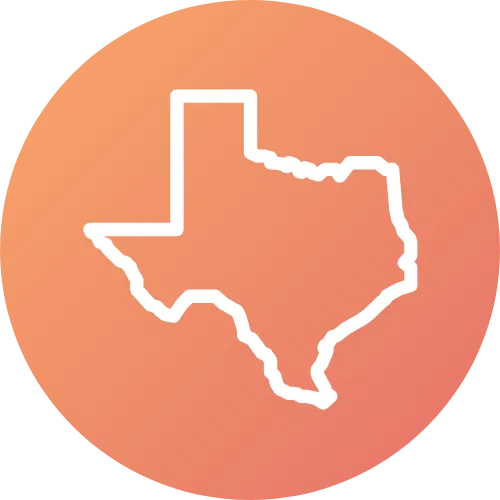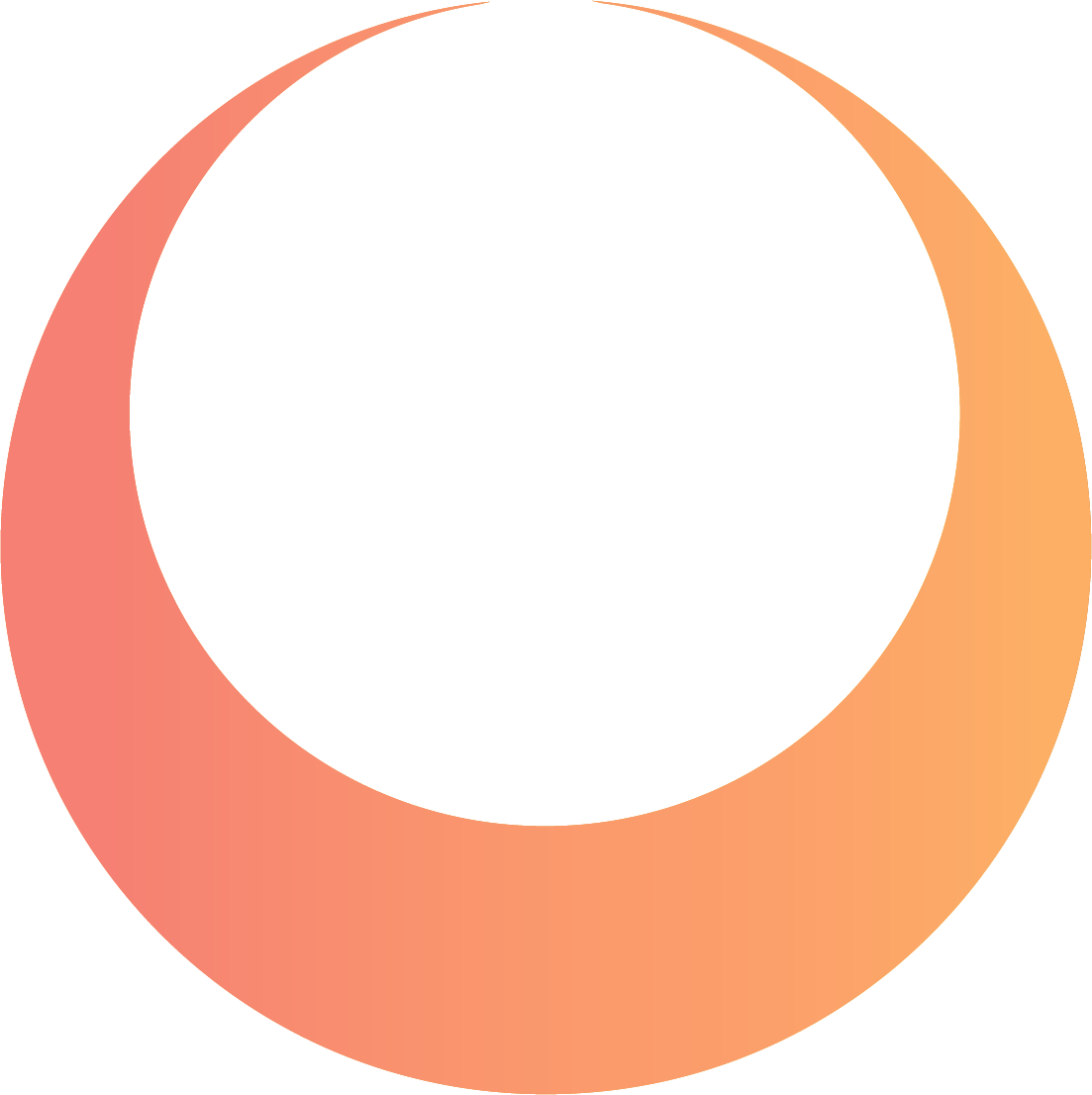
Complete Guide on How Payday Loans Works
When you need money now, you can't often wait until you get paid. Those who need some quick money to help pay bills and other financial obligations often turn to convenient payday loans to help close the gap. Most payday loans are for small amounts of less than $500, which are quickly paid back within a few days or weeks when the borrower gets paid. The good thing about payday loans is that they're easy to get as a borrower who may have bad or nonexistent credit -- all they require is proof of income and a bank account. Banks typically charge hefty fees for insufficient funds fees, which can all be avoided by taking advantage of payday loans. Typically, your bank has reduced payday loan fees, often much less than the standard non-sufficient funds fee.
For those who need cash now, it's not always a viable option to wait until you get paid. And with a payday loan, borrowers can get cash deposited directly into their bank account on the same day. It's not even necessary to go to a payday lender in person -- online lenders make borrowing an extra bit of money here and there a great option for those who can't wait until payday. Additionally, the loan agreement makes it easy to pay off that loan automatically when the money comes in without really requiring follow-up on behalf of the borrower. Indeed, a payday loan is one of the easiest types of loans to manage as a borrower.
How it works is that during the application process the lender will ask for a signed check or access to the borrower's bank account to make the deposit and to pay off the loan. Most payday loans are due within two weeks, though other types of payday loans may have longer terms of up to a month. With an in-person payday loan, an appointment is scheduled for the repayment, though with online payday loans, no appointment is needed.
Other alternatives to payday loans include installment loans that allow borrowers to pay back the loan in convenient installments, though these types of loans are typically reserved for larger loan amounts and can take months or years to pay off -- making them less useful than payday loans for borrowers that only need a little bit of coverage until they get paid.
Direct and Non-Direct Payday Loans
For the most part, there are two types of payday loan lenders. One type of lender can evaluate and grant loans on their own while others will submit a loan for approval from a loan broker. Direct loans, where you deal directly with the lender, aren't much different from brokered loans, where you deal with a broker, particularly on the side of the borrower. Some borrowers may prefer to deal with a direct lender while others may prefer a broker to help them get the best available rate. That said, the overriding concern with payday loans is the immediacy of funds, which means that any lender, whether direct or a broker, should fit the need.
What Does a Payday Loan Cost?
To the borrower, the fees associated with a payday loan are typically around $15 for every $100 borrowed. But it's also true that no other loan product allows for such a short time frame or a borrowed amount less than $500. And for about the price of grabbing lunch, borrowers can obtain the money they need to help them get to the next payday.
However, it's important for borrowers to pay off that loan in full as quickly as they can -- most times by the next payday. If the loan is not paid in full then certain fees and other obligations kick in. But if the loan is paid in full by the term date, there are no other obligations or responsibilities, and borrowers will be able to quickly move on with their lives as if the loan never happened. That's great for those who need a little extra cash before payday since it won't end up being months or years of extra payments.
How Much Can You Borrow With a Payday Loan?
As we previously mentioned, payday loans are common up to about $500. The low end is typically somewhere around $200 to $300, though some lenders may let you borrow up to $1,000 or more. Some of this is governed by the state you live in and its payday lending statutes, but it's also up to the discretion of the lender based on things such as your income, credit score, and financial history.
That said, just because payday loans can go up to $1,000 or whatever limit is imposed by your state doesn't mean that you'll automatically be approved for the maximum. Your income and financial history may qualify you for an amount less than the limit, though as long as it meets your needs it can be a viable option until payday. Some lenders may not check your credit or financial history at all, which can make it easier to borrow more if you're really in a pinch.
Can You Build Credit With Payday Loans?
Unfortunately, paying back a payday loan does not typically build credit. But it's also not really the point of a payday loan. Payday loans aren't reported to credit bureaus, though that's likely a good thing since it also can't hurt you if you miss that deadline by a few days. In this sense, a payday loan won't affect your credit either way, and that can help you avoid dinging your credit if you miss that repayment date. However, if you don't repay your payday loan at all, it may be reported to a credit bureau, so it's important to do everything you can to pay back the loan.
How To Get a Payday Loan?
The great thing about payday loans is that they're one of the easiest loans to qualify for. Instead of some convoluted process that could extend the timeline and make it difficult to get the loan you need when you need it, a payday loan requires little more than an active bank account, a government-issued ID such as a driver's license or passport, and a pay stub or other proof of income. Some lenders may require other documentation such as a social security card.
That said, it's still possible to not qualify for a payday loan. Per regulation, some lenders may not be able to lend to active-duty military and their families and dependents, and in that instance, another type of loan may be more appropriate.
What To Do if You Can't Repay a Payday Loan?
As with all other types of loans, missing a payment or neglecting to pay off a loan can lead to extra fees or charges. That's why it's best to always pay off any loan in full by the end date to avoid paying additional fees. Much of it is governed by the state you live in, though sometimes you may be able to roll over the payday loan to extend the due date for an additional fee. If you're unable to pay off the loan or you neglect to do so, the loan may be sent to collections.
Alternatives to Payday Loans
In addition to other types of loan products, there are payday loan alternatives out there.
A personal installment loan is another payday loan option. They offer higher amounts but do require a monthly payment schedule. Some payday lenders also do multiple types of loans, so it can help to check on your other options before going with a payday loan.
Some banks may also offer small-dollar loans similar to what you would get with a payday loan to help cover emergency expenses. Unfortunately, you'll have to check with each bank to see what they offer, though to make things easier you may want to start with the bank that you already do business with.
If you're really in a pinch and you're not sure about borrowing money that you may not be able to pay back by your next payday, it may make sense to ask family or friends if they can help you out.
Another option if you're in need of a payday loan is to reach out to local community organizations or to create a GoFundMe or Kickstarter online. It'll be more work, and it won't necessarily be private, but it can mean the difference between covering those emergency expenses or not.

